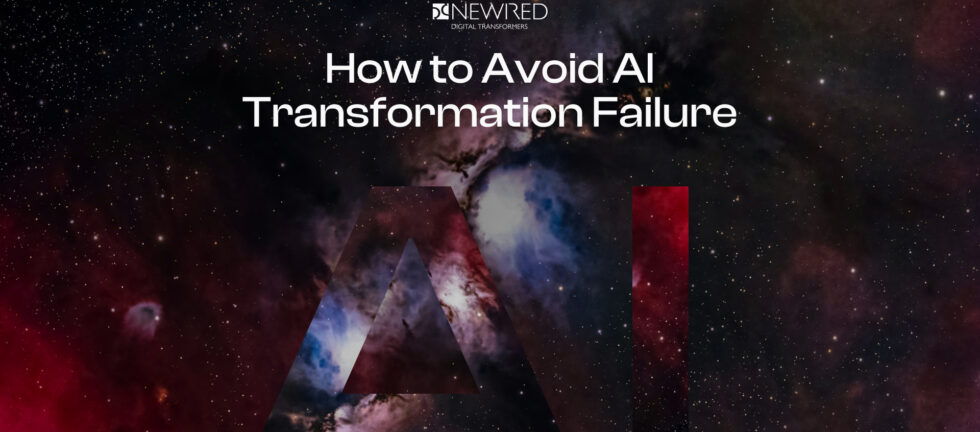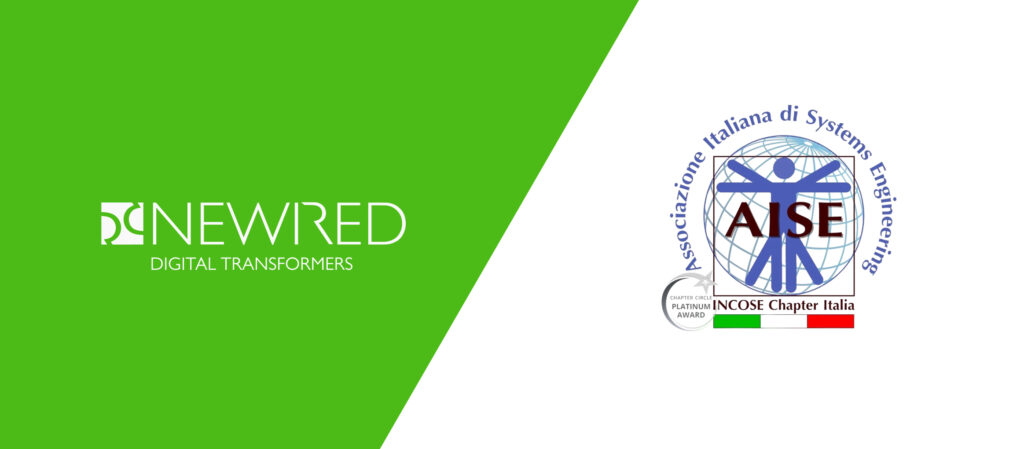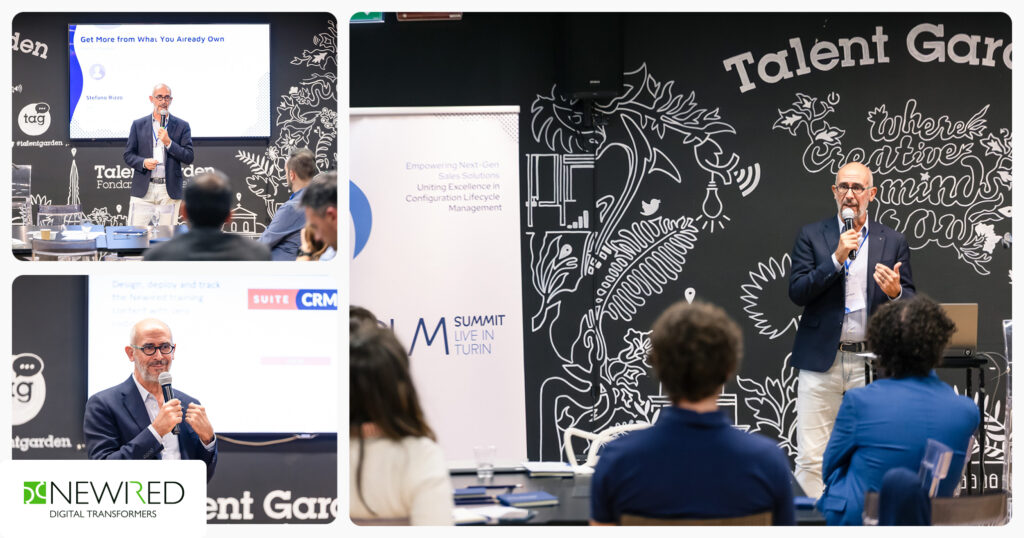Artificial Intelligence (AI) has become a game-changer for businesses, enabling everything from predictive analytics to personalized customer experiences. However, implementing AI-driven transformations is not without its challenges. Many companies face obstacles that lead to failures, whether it’s due to poor planning, lack of expertise, or overhyped expectations. Here are key strategies to avoid AI transformation failure and ensure a successful transition into AI-driven processes:
1. Clearly Define Goals
One of the most common mistakes organizations make is not having a clear understanding of what they want to achieve with AI. Instead of adopting AI for the sake of it, businesses should define their objectives precisely. Is AI meant to enhance customer service? Improve operational efficiency? Reduce costs?
- Newired ensures that its AI focuses on specific, measurable business goals like improving user onboarding, reducing training time, and enhancing overall user experience. Its AI solutions are not just about implementing technology, but about solving real business problems, such as reducing errors in complex web applications and increasing software adoption rates.
2. Start Small and Scale Gradually
A major reason for AI failures is attempting large-scale implementations without proper groundwork. Diving headfirst into complex AI projects can lead to misalignment between technology and business processes.
- Newired’s platform is built to be scalable. Organizations can start by implementing simple, guided walkthroughs or tutorials for specific areas of their web applications, and then scale up to more advanced AI-driven assistance as they grow more comfortable with the technology. This approach minimizes risk and allows for gradual AI integration.
3.Ensure Data Quality
AI is only as good as the data it’s fed. Inconsistent, incomplete, or biased data can lead to unreliable AI models that deliver inaccurate results.
- Newired leverages contextual intelligence to offer real-time, personalized help. This means that the platform uses high-quality, accurate data on user behavior to deliver in-the-moment guidance, addressing user needs more efficiently. By integrating existing knowledge bases, Newired makes sure the AI is working with the best data available.
4. Build Cross-Functional Teams
AI transformation isn’t just about technology—it requires a combination of business insight and technical expertise. Teams that focus solely on the tech side often miss key business implications, and vice versa.
- Newired promotes collaboration between technical teams and end-users through its intuitive interface. The platform is designed for non-technical users, enabling them to create and deploy digital adoption guides without needing coding skills. This makes it easier for teams across the organization to contribute to AI-driven digital transformation efforts.
5. Align AI with Organizational Culture
AI can be a disruptive force, and introducing it without aligning it with the company’s culture often leads to resistance from employees and stakeholders.
- By focusing on user experience and making AI integration simple, Newired helps organizations overcome resistance to new technology. The platform’s AI assistant provides in-context help, making it easier for employees to adapt to new systems without feeling overwhelmed. This minimizes pushback and enhances AI acceptance across the workforce.
6. Manage Expectations
Many businesses fall into the trap of overestimating what AI can achieve in the short term. Unrealistic expectations often lead to disappointment when AI solutions don’t deliver immediate ROI or instant results.
- Newired recognizes that AI is not a “set it and forget it” solution. Its platform is designed for continuous learning, adapting to user interactions over time. This ensures that AI performance improves as more data is collected, aligning with realistic expectations for long-term AI adoption.
7. Ensure Ethical AI Usage
AI projects can fail if they fail to consider ethical implications such as privacy violations, data misuse, or algorithmic biases. Ethical lapses can lead to legal challenges and damage a company’s reputation.
- Newired ensures that its AI models prioritize user privacy and security. The platform’s AI features are transparent and customizable, allowing organizations to maintain full control over how AI-driven guidance is delivered. This focus on ethical AI minimizes risks related to data misuse or privacy concerns.
8. Invest in the Right Technology and Talent
AI adoption requires significant investment in both technology and human resources. Companies that cut corners on tools or talent often find themselves struggling with suboptimal AI systems that don’t meet their needs.
- Newired’s technology is user-friendly and does not require specialized AI expertise to operate. However, the company supports organizations through implementation, ensuring they have the right tools and guidance for success. This investment in talent and technology helps prevent failure and maximizes the potential of AI-powered digital adoption.














